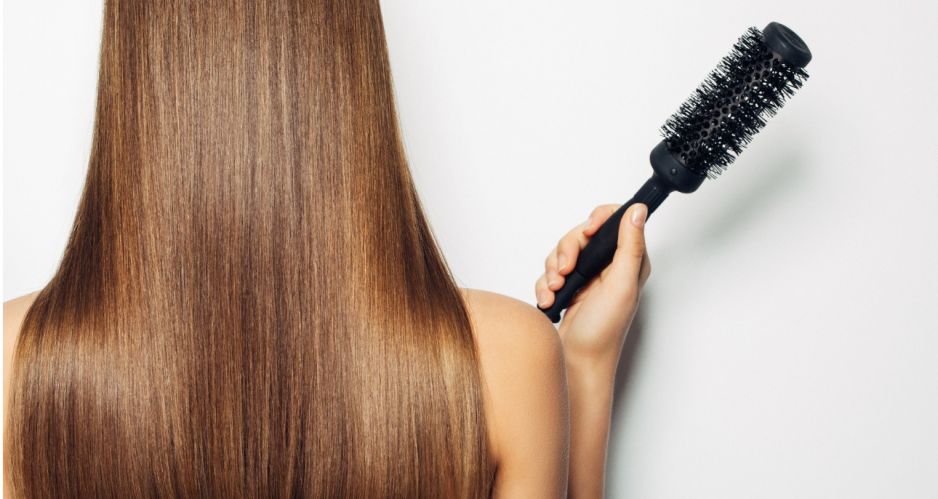Proteins in hair care
Nowadays we have access to a variety of hair cosmetics. Very often we have to choose them by trial and error, testing various options and observing how the hair reacts to them. The biggest influence on how a cosmetic will work is its composition, especially its protein content.
Proteins are one of the three most important ingredients that should be provided to hair to make it in excellent condition, resistant to damage and properly moisturized, which will result in its rapid growth.

The most common protein ingredients are:
- milk proteins- strengthen and add shine to lackluster hair. They prevent damage and split ends. They increase the hair's tensile strength and form a protective film that seals and smooths the hair.
- Keratin- strengthens, nourishes, shines and thickens hair. It binds quickly and easily to the natural protein contained in individual hair.
- collagen- an ingredient that prevents hair from falling by the handful, adds shine and nourishes hair. Thanks to it, the ends stop splitting, the hair is resilient and easy to comb, does not tangle after washing.
- soy proteins- exhibit hair thickening properties, strengthen weakened hair roots and add shine to the hair.
- wheat proteins- effectively penetrate the structure of the hair, binding water in them along their length, effectively regenerate and rebuild damaged strands, very well counteract electrification of hair.
- Silk- is able to absorb and retain large amounts of moisture, so it perfectly moisturizes and nourishes the hair. Hair silk also evens out the structure and closes the hair cuticle. This makes them silky soft, beautifully manageable, not tangled or frizzy.
- Elastin-helps rebuild hair, giving it shine.
Proteins are especially necessary for hair that is damaged by treatments such as coloring, bleaching, perming, straightening with high temperatures, drying with hot air.
However, one should not overdo the use of protein cosmetics, as excess protein compounds can be deposited on the surface of the hair, leading to the so-called "overproteinization" of the hair. This happens when we provide them with too much protein in relation to humectants and emollients. The hair then becomes dull, brittle and difficult to manage. To cleanse your hair of proteins to begin with, it's best to wash your hair with a strong cleansing shampoo. Regular oiling will also do them good, which will provide hair with emollients.


